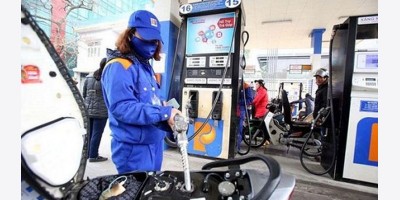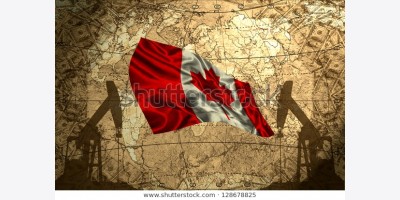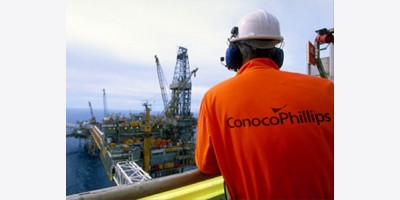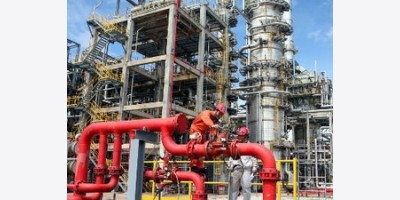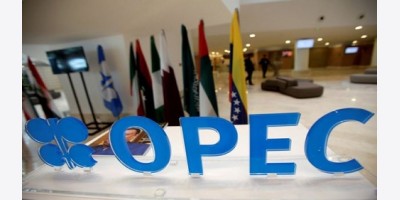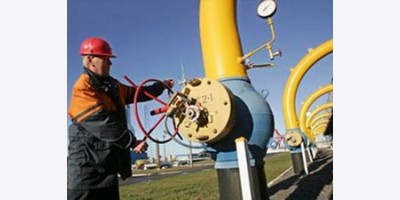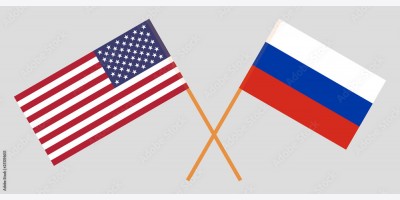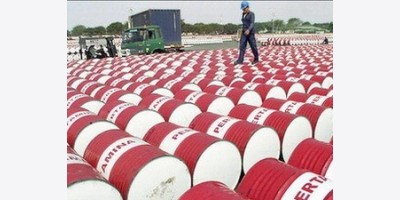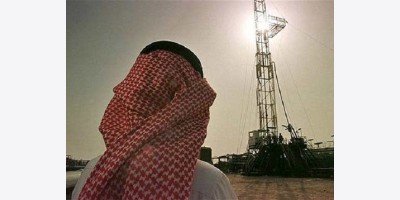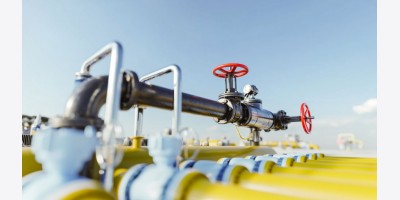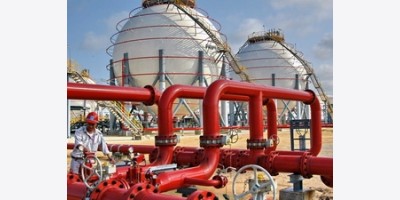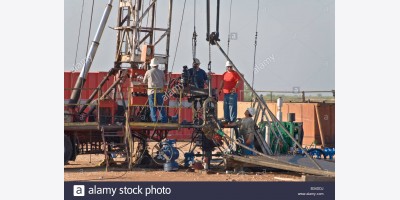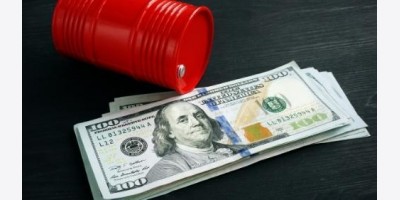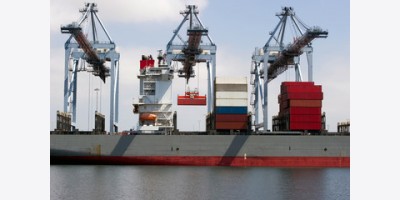Since the dissolution of the Soviet Union, slowly but surely NATO added members in Eastern Europe. Likewise, the European Union opened up its doors to its eastern neighbors formerly in Moscow’s orbit. Russia saw this as a threat, and upon the downfall of Viktor Yanukovych, Russia saw the loss of Ukraine as something that it could not tolerate. From this perspective, Vladimir Putin likely feels that by seizing Crimea he stopped the expansion of a NATO-backed plan to expand eastwards. Russia proved that the West didn’t have the stomach for a conflict over an area of the world that is much more important to Russia than it is to Europe or the U.S.
But, in reality, Russia is really shooting itself in the foot. Not only has it received international opprobrium for its actions in Crimea, but its economy is worse for the wear. Its stock market is down, capital is fleeing the country, and as of April 1, it appears that Moody’s is considering downgrading the credit ratings of Gazprom and Rosneft. According to streetinsider.com, the “downgrade reflects Moody's view that the ratings of the companies are closely aligned with that of the sovereign, and that they remain sensitive to changes in sovereign creditworthiness.” These are the two companies that overwhelmingly makeup the source of the Kremlin’s strength – they are the reason Russia is an energy superpower. If their creditworthiness is suspect due to Russia’s aggression, then the gains Putin believes he has achieved in Crimea are arguably outweighed by the damage he is doing to Russia’s economy. And this does not even take into account the economic costs of integrating Crimea into the Russian Federation, which are not trivial.
Moreover, Russia’s actions will likely spur Europe to action. Poland received an immediate upgrade to its energy security on April 1 when Germany brought a pumping station online that would allow the reverse flow of natural gas, as reported by The Wall Street Journal. The result of a deal reached in 2012 between the two countries, the pumping station is located in Eastern Germany and would allow Poland to meet its energy needs even in the event of a disruption in supplies from Russia.
The Yamal-Europe pipeline connects natural gas fields in Siberia to Western Europe. It runs east to west, and passes through Poland on the way to Germany. That flow, until now, has been one way. The opening of the pumping station in Mallnow, Germany now allows gas to flow in the other direction, potentially supplying Poland with up to 5.5 billion cubic meters of natural gas per year. This gives Poland a degree of insulation from hypothetical moves by Russia to cut off energy supplies to Europe.
While the pumping station was in the works long before Crimea, the EU will look to implement broader measures to cut Russian gas from its energy portfolio. The EU wants the European Commission to publish a roadmap by June 2014 that will detail how Europe will lessen its dependence on Russia. Member states have differed over which paths to pursue – greater LNG imports, development of
European shale gas, renewable energy and energy efficiency – but nearly all are united behind an effort to reduce dependence on Russia. This may not mean much in the short-term, but unlike previous clashes with Russia over its ability to be a reliable energy partner, the annexation of Crimea will likely lead to real and sustained efforts on behalf of the EU to cut back on Russian gas. This will cause a decline in Russia’s influence in Europe over time.
As Europe pulls away, Putin’s grab of Crimea looks more costly than it first appeared. Indeed, the downsides may also be coming into view for Moscow. Russia signaled on April 1 that it is withdrawing some of its troops from the Ukrainian border, a move that suggests Putin is not on the verge of sending troops into Ukraine and is instead seeking to deescalate. Perhaps the Kremlin realized its belligerence is damaging Russia.
By Nicholas Cunningham of Oilprice.com




